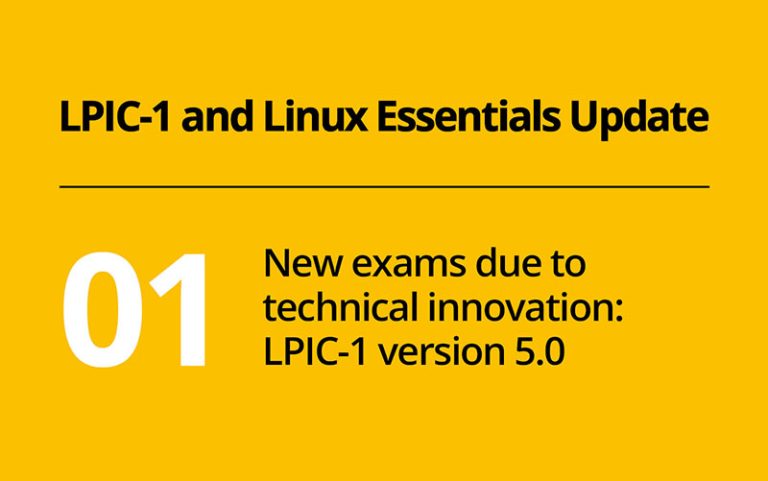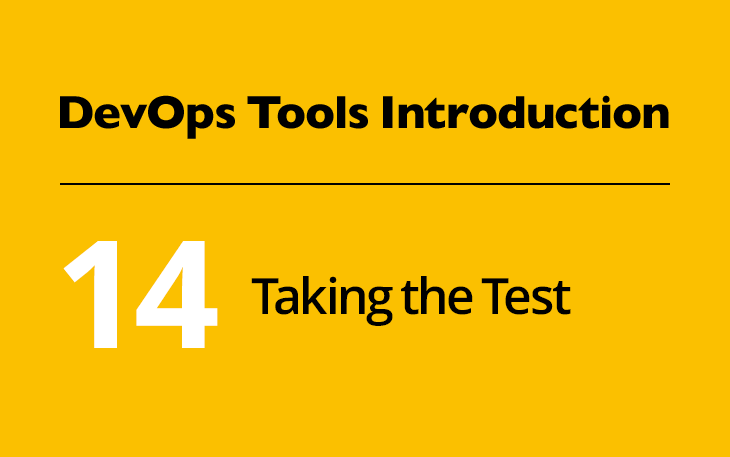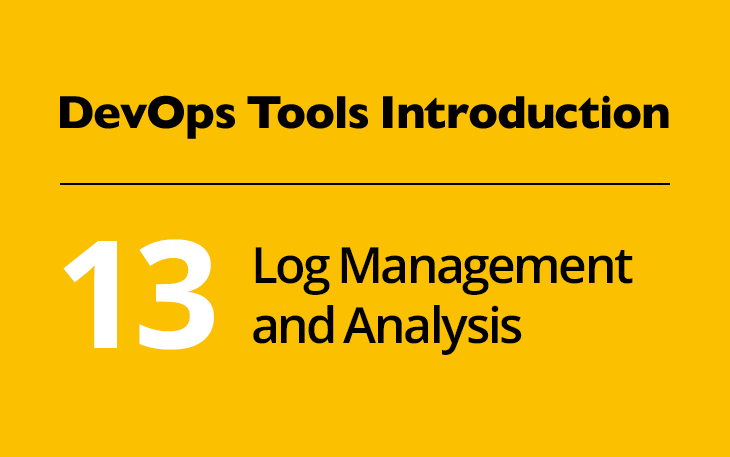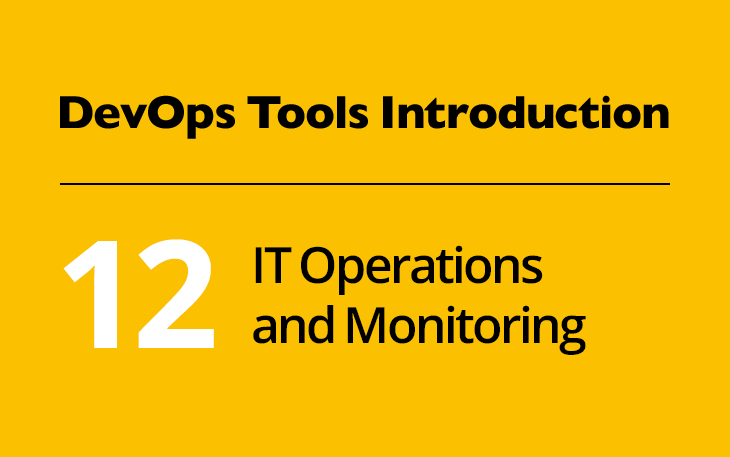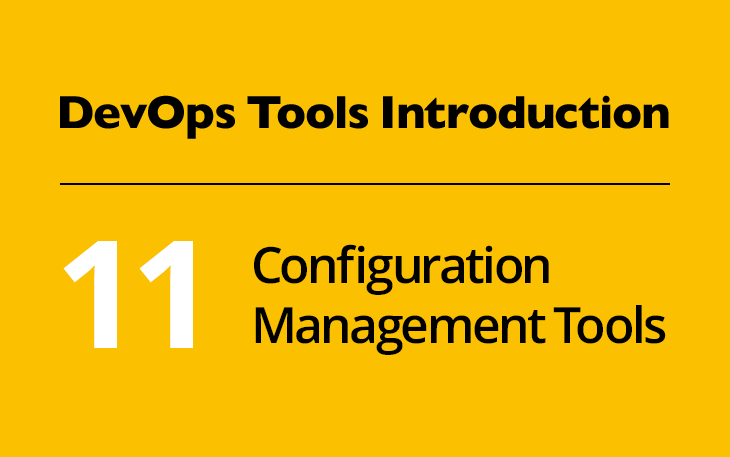Blog
Recent Technical Innovation Requires New Exams: LPIC-1 version 5.0
Since October 2018, the latest versions of the LPIC-1 exams are available. Many people see the exams 101 and 102, which are required to obtain the ‘LPIC-1: Linux Administrator’ certification, as an ideal starting point to launch a career in … Weiterlesen
Studying for the LPI Certification Exam
One of the question I often answer when taking part in a Free Software or Education event is, „How can I study for the LPI Certification Exam?“ The answer for this question depends a lot on the student profile. Is … Weiterlesen
Scratching The Itch? On LPI’s Academic Advisory Council
There may be no greater return on investment, and for not just the Linux Professional Institute (LPI) or any professional or learning organization, in the quest for human knowledge, than focusing on young adults who are still planning their careers. … Weiterlesen
On IBM, Microsoft, RedHat, and Loss of Innocence
Forgive me as I wax nostalgic and go on about our collective lost innocence. Perhaps I should capitalize and italicize the word, „Innocence.“ You see, I’ve been doing a lot of soul-searching since the news of IBM purchasing RedHat broke … Weiterlesen
Open Source Journeys: In Conversation With Craig Maloney
This is Episode 1 of a new podcast series. Marcel hangs out and chats with people who have been captured by the spirit and promise of Linux and Open Source software. Open Source is part philosophy, part technology, and part … Weiterlesen
Limitations and Pitfalls of Cloud Computing
Cloud computing companies have become commonplace. Business people recognize that cloud-based software and services make it possible to use computing resources more efficiently. Large capacity servers in massive server farms can run applications and services and provide good performance. The cloud … Weiterlesen
My Open Source Journey
Way back, in my late teens, when dinosaurs still roamed the Earth, I had created myself a geek’s paradise in my basement. I had a chemistry lab, with equipment sourced through my high school, a microscope, a telescope, and an … Weiterlesen
(Re-)Introduction
It’s good to be back. After being a central part of the birth of LPI more than two decades ago, I am delighted to be back here in the role of Director of Community Development. My new role is to … Weiterlesen
DevOps Tools Introduction #14: Taking the Test
Congratulations, you’ve made it to the final posting in our DevOps Tools Introduction series. Throughout the last few months, we’ve explored new topics each and every week. Working through all the referenced resources was a significant investment of time. In … Weiterlesen
DevOps Tools Introduction #13: Log Management and Analysis
While running, most applications, containers and virtual machines constantly generate information about numerous events. These events can be anything from severe errors to a simple notice that the server successfully answered a request. Collecting and analysing this log data become … Weiterlesen
DevOps Tools Introduction #12: IT Operations and Monitoring
While we have talked a lot about application deployment, we still need to cover how to keep these applications up and running. The DevOps Tools Engineer exam covers IT Operations and Monitoring in objective 705.1. The core technology of this … Weiterlesen
DevOps Tools Introduction #11: Other Configuration Management Tools
In addition to Ansible, which is covered in great detail in the DevOps Tools Engineer exam, several other configuration management tools exist. Objective 704.2 expects you to know the architecture and basic features of Chef and Puppet. The Chef documentation … Weiterlesen
